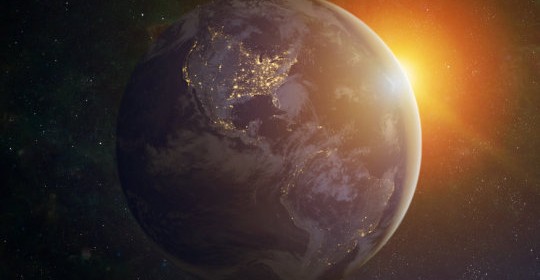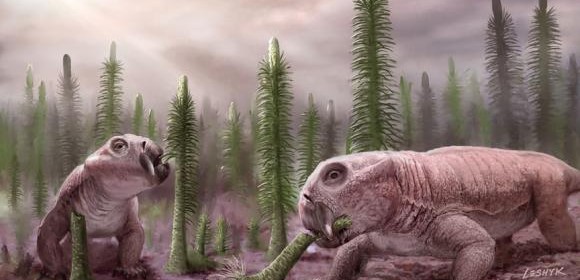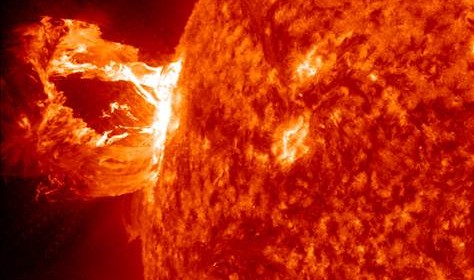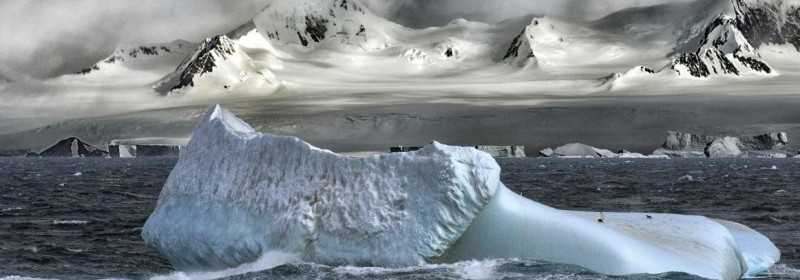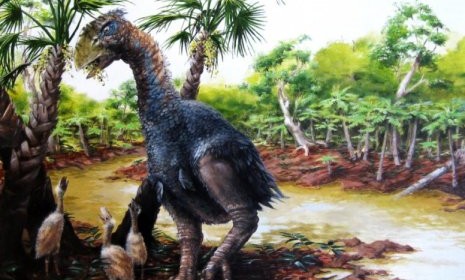Blame for warming heaped on humans

Simple statement: 13 of the 15 warmest years ever recorded have occurred within the first 15 years of this century. Complicated question: what is the probability that this happened purely by chance? The latest calculated answer: it could be one in 5000, or it could be as unlikely as one in 170,000, or it could be somewhere in between. Conclusion: […]
Read more
